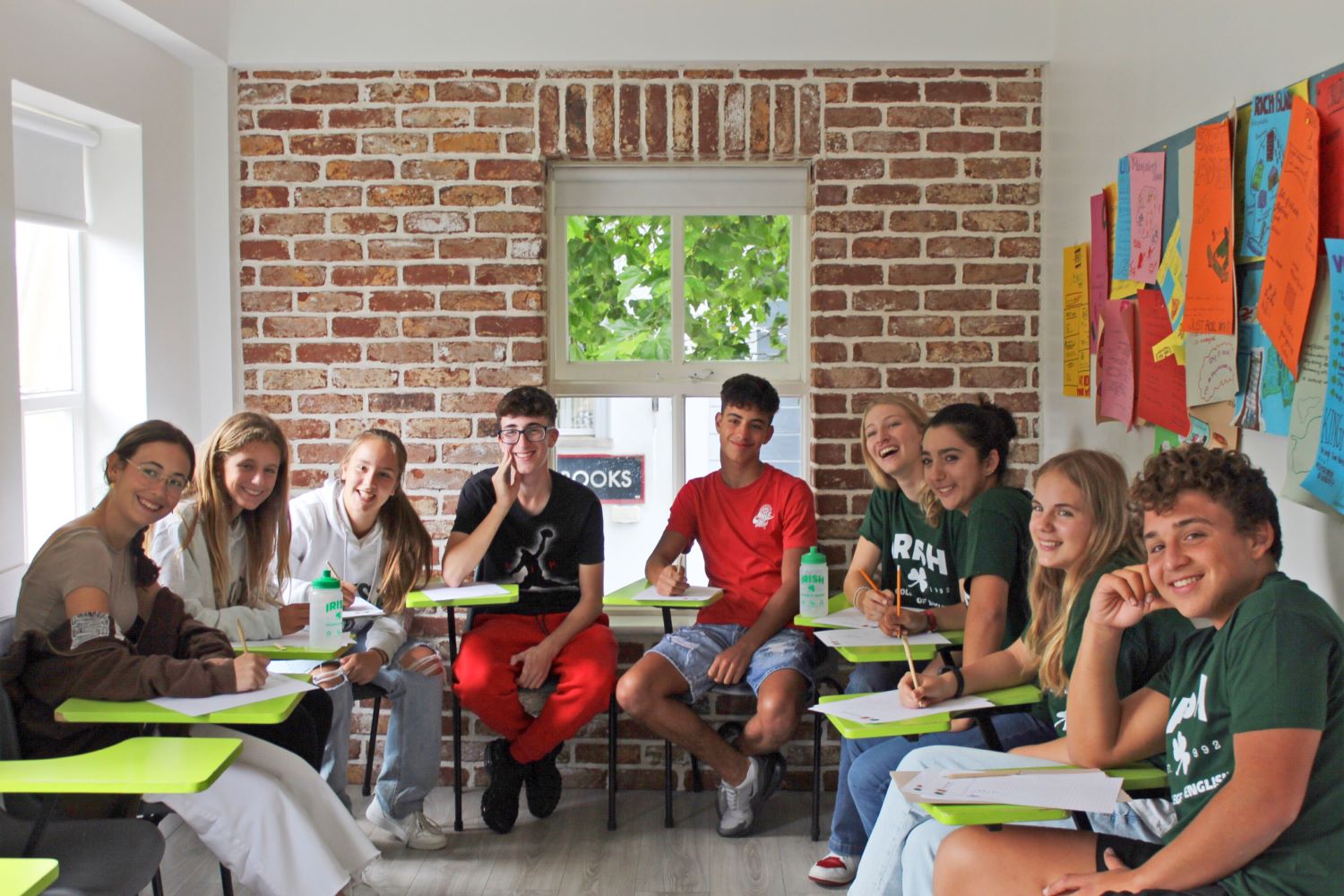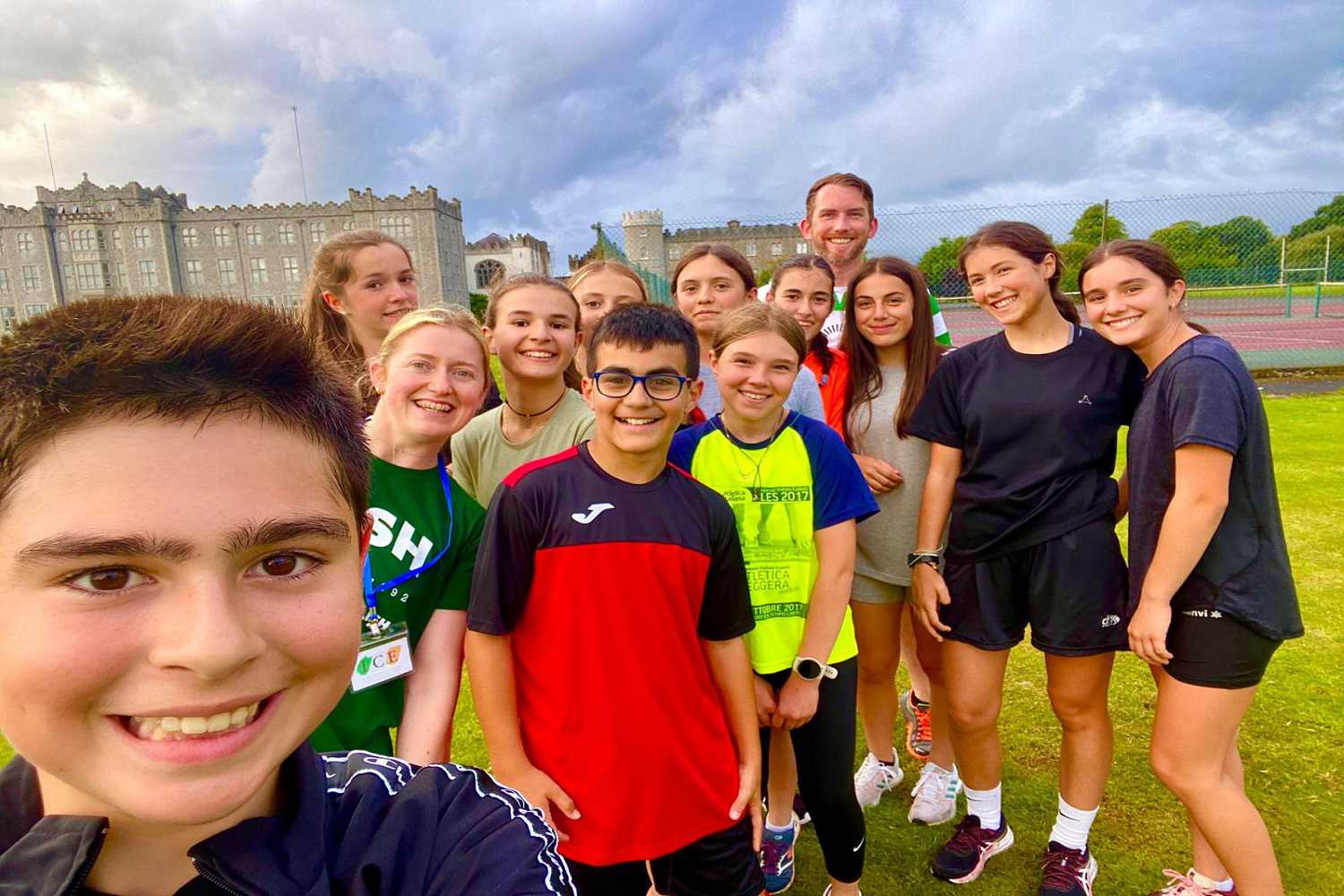ILEP Student Information
The Interim List of Eligible Programmes (ILEP) is a list of approved higher education programmes put together by the Irish Department of Justice and Immigration.
Education providers that are not on the ILEP cannot sell courses to non-EEA students. Each education provider must meet certain criteria in order to be listed on the ILEP, such as various financial and quality assurance requirements.
If you’re a non-EEA national intending to study for more than 90 days, it will be a requirement as part of your study visa to enrol on a course listed on the ILEP. The course must also be a full-time day programme, and not a part-time or distance learning programme.
The Interim List of Eligible Programmes (ILEP) is a list of approved higher education programmes put together by the Irish Department of Justice and Immigration.
All education providers, including universities, colleges and English language schools, must meet certain standards and requirements in order to have their courses included on the ILEP.
For example, education providers must have adequate policies in place for:
- Refunding student fees and other payments in case your student visa is refused
- Monitoring class attendance and punctuality
- Dealing with absenteeism and expulsion
- Student sick leave
- Student holidays and breaks
- Registering students for end of programme exams
- Student assessments and exams
In addition to these, all education providers must provide learner protection for their students, otherwise known as Protection for Enrolled Learners. This means that there would be measures in place for you to either continue your studies elsewhere or receive a refund for your costs and fees if your course ends prematurely.
Your letter of acceptance from your chosen education provider must clearly state that you are protected by learner protection agreements. If the learner protection arrangements are through an insurance scheme, your education provider must give you a certificate of proof of learner protection demonstrating that you are covered.
If you’re enrolled on an English language course from the ILEP, you may be granted a one-time immigration permission of up to eight months.
You may take up to a maximum of three English language courses, each with an eight month duration, for a total of 24 months’ immigration permission in total.
Note that you will need to meet attendance requirements and sit an end of programme exam for each course you take in order to renew your student permission each time.
If you wish to stay on as a student after your immigration permission ends, you must enrol on a higher education programme listed on the ILEP.
Education providers that are not on the ILEP cannot sell courses to non-EEA students. Each education provider must meet certain criteria in order to be listed on the ILEP, such as various financial and quality assurance requirements.
If you’re a non-EEA national intending to study for more than 90 days, it will be a requirement as part of your study visa to enrol on a course listed on the ILEP. The course must also be a full-time day programme, and not a part-time or distance learning programme.
If you are a non EAA/non Swiss national and wish to study a third level or English language programme in Ireland for a period longer than three months, you must choose an approved programme.
The Interim List of Eligible Programmes (ILEP) contains the current list of approved programmes.
Once you enrol on an approved course of study, you can apply for an immigration permission to study in Ireland.
If you enrol on an English language programme listed on the ILEP you can register for a Stamp 2 immigration permission of up to eight months. You must:
- enrol on a programme lasting at least 25 weeks
- attend class for at least 15 hours a week
- attend at least 85% of your classes
- complete an end-of-programme exam.
You may extend your permission for another eight months if you enrol on another 25-week English language programme. Immigration officials will seek evidence of exam results and attendance. You will need to progress in your studies, enrolling on a programme with an exam at an increased level.
If you meet requirements, you may study English language courses for a maximum of three permissions of eight months each, a total of two years. After that time you must enrol on a higher education programme listed on the ILEP if you wish to remain as a student.
A student will be eligible to apply for a Study Visa and/or Stamp 2 immigration permission when participating in a programme listed on the ILEP or an eligible full-time English language course offered by a provider with authorisation to use the IEM. English language programmes must be at least 25 weeks in duration. Immigration permission up to 8 months may be granted, at the discretion of the Immigration Official. Students must progress in their studies and demonstrate at least 85% attendance. Students should refer directly to the Irish Immigration website before coming to study in Ireland and with regard to registration requirements and the registration process. A detailed set of questions and answers is also available.
English language programmes which are eligible for inclusion in the ILEP must have the following characteristics:
a) Be a minimum of 25 weeks in duration and offered within a seven month period with a minimum of 15 classroom tuition hours per week, excluding breaks, delivered Monday to Friday between the hours of 9am and 5pm;
b) Have a defined learning pathway (i.e. a course programme), with specified learning outcomes stating the learning goals to be achieved at the end of the programme;
c) Have an assessment framework aligned to the programme and its learning outcomes;
d) Be subject to internal quality assurance; and
e) Be offered exclusively to students who are speakers of other languages, for whom English is not their first language, and conclude in one of the English language proficiency exams (with a specified score / grade where the exam is a system) listed in Table 1; or
f) Lead to a recognised English Language Teaching (ELT) award made by a recognised national or international awarding body.
International students can work in Ireland without having to apply for a separate work visa. However, there are restrictions as to how many hours you will be able to work.
During term time, you will be able to work up to 20 hours a week. During the holidays, however, (June, July, August and September, and between 15 December and 15 January) you will be able to work for up to 40 hours per week.














